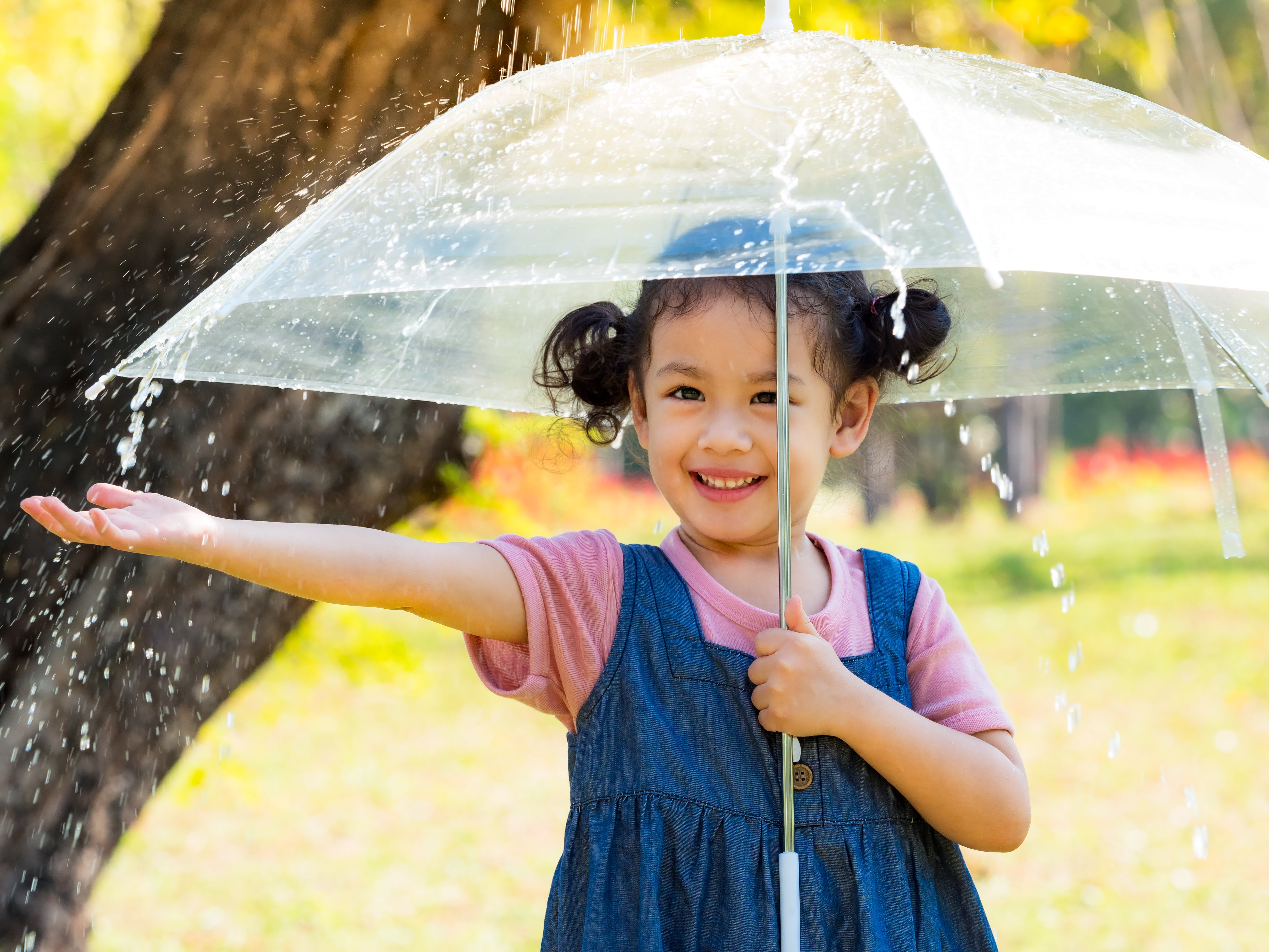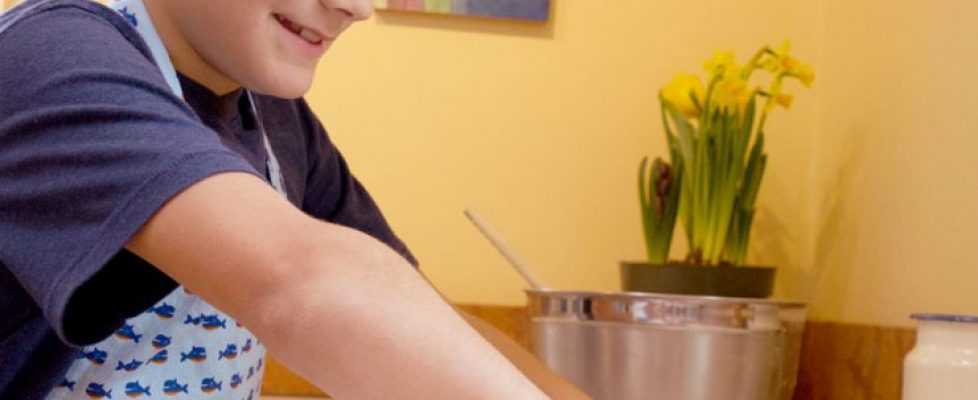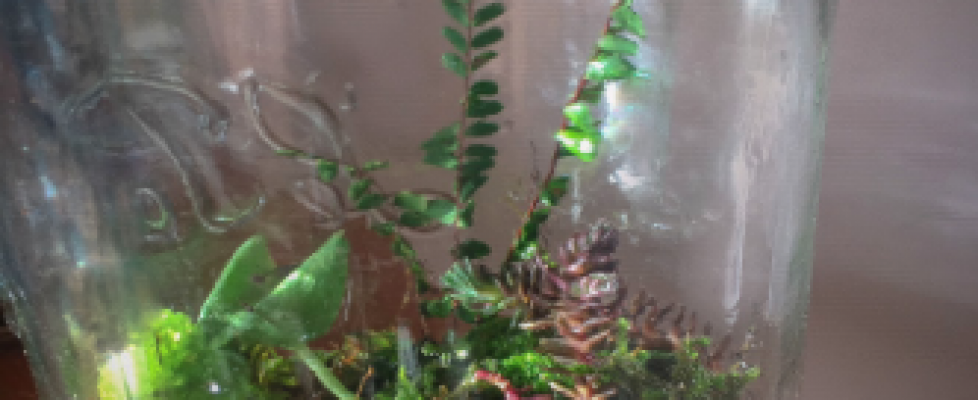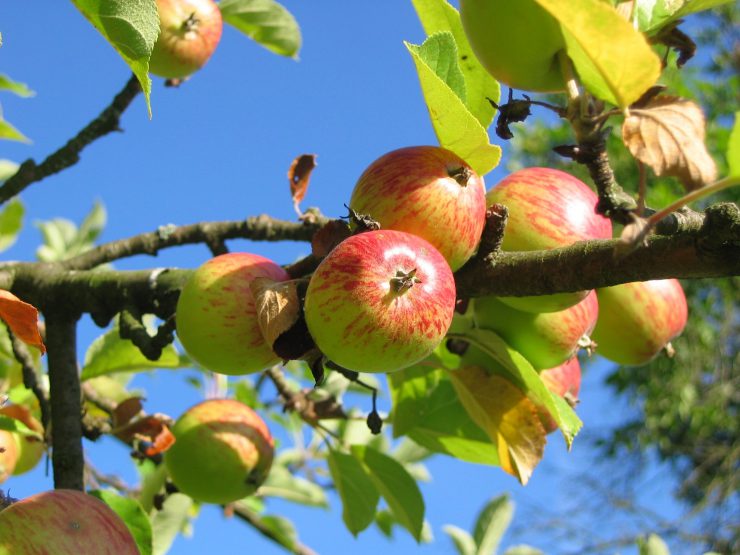Add Verse to Discipline
I know no parent who has not struggled at times to feel that their child is hearing their message. Some phases of childhood can be more challenging than others and some children can hear their own drummer more clearly than the voices of their parents. In these scenarios, it’s handy to have a variety of tricks up your sleeve. One that we found especially helpful was using poetry and rhymes to communicate ideas that had to be repeated more often. We also used children’s songs, altering the words to fit the needs of the moment. This method lightened the parent’s mood, because it’s hard to feel as frustrated or angry when you’re humming “Here We Go ‘Round the Mulberry Bush”. It also sounds much less like nagging the thirtieth time you sing, “This is the way we put on our coats…”
Songs are especially useful for transitions. A song that means dinner or time to go or brush your teeth can be hummed a little before your child has to switch activities. This way you gently alert your child to the fact that things are about to shift. If they’re lost in play, music more gradually pulls them back to the prosaic realms of tending and tidying. It also becomes part of the family dialog; older siblings will use the same tools their parents use. It is so much sweeter to hear your older child singing the clean up song rather than hearing them repeat over and over, “Clean up!”

Two of our children were much more receptive to any rhyme or song that involved movement, whether that was a finger game or a more gross motor activity. We either made up gestures to go with the following verses or we used the ones other parents or teacher demonstrated. The movements reinforce the meaning and make learning the words easier. You will find that having the words completely memorized can be the difference in whether you call on your better parenting-self or fly into a lecture that your child will most likely tune out. These two verses were a way we helped our toddlers and preschoolers reset when their exuberance was edging toward hurtful.
Hurt No Living Thing
Hurt no living thing
Ladybird, nor butterfly
Nor moth with dusty wing
Nor cricket chirping cheerily
Nor grasshopper so light of leap
Nor dancing gnat, nor beetle fat
Nor harmless worms that creep.
With my hands (tapping steepled hands gently against one another)
I will help (tapping pointer fingers)
I will work (tapping middle fingers)
I will tenderly touch (tapping ring fingers)
All the gifts (tapping pinky fingers)
In our world (tapping steepled hands again)
Each of our toddlers had days when putting on shoes or washing hair or other grooming was a violation of their selfhood. When we could, we left the shoes off, left hair dirty, ignored grimy fingernails; when that wasn’t an option, these poems might win a few seconds of cooperation. The trick is to time the song or rhyme to the task. Slip-on shoes, like Softstars, worked great with “Pitty Patty Polt”; we created extra verses to “Rub-a-Dub-Dub” to make rinsing soap from hair possible; we timed brush strokes and tangle work to the rhythms of the “Little Mouse Nests”(Mary Thienes-Schunemann). If you have other daily dressing tasks that are challenging for you and your child, scour nursery rhymes or children’s songs for diversions.

Pitty Patty Polt
Pitty patty polt
Shoe the little colt.
Here a nail
And there a nail.
Pitty patty polt!
Rub-a-Dub-Dub
Rub a dub dub
Three men in a tub
and who do you think the be?
The butcher, the baker,
the candlestick maker!
Turn them out, knaves all three!
Little Mouse Nests
Little mouse nests in your hair
little mouse nests everywhere!
Little mousies making mischief-
Combing the nest out hurts!
Ouch!

I hope these ideas inspire you to find tunes and nursery rhymes to smooth some of the bumps in your day-to-day interactions with your child.




